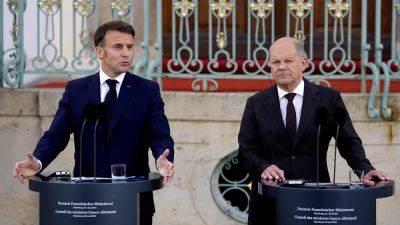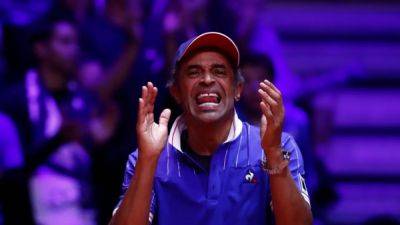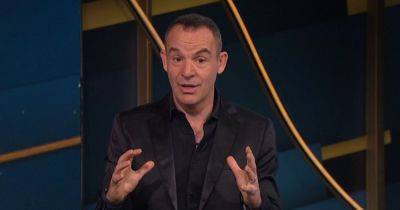Difficult to digest cost of doner kebabs in Germany prompts price cap calls
Over the years, the doner kebab, introduced to Germany by Turkish immigrants, has established itself as a staple of low-cost street-food. However, the affordability of this dish has recently been undermined, with prices more than doubling within two years.
Factors such as rising wages and energy costs, compounded by geopolitical tensions, including the Ukraine war, have contributed to what German Chancellor Olaf Scholz himself has called "donerflation".
German politicians, particularly left-wing ones, have taken up the issue, proposing a 'donerpreisbremse', or price cap on doner kebabs, similar to existing measures that control high rents in certain regions. The Die Linke party, for example, suggests capping prices at €4.90, with even a reduced rate of €2.90 for younger generations from disadvantaged backgrounds.
Kebab sales in Germany are estimated at €7 billion a year, with 1.3 billion doners consumed every year in the country, such a subsidy programme would cost €4 billion a year, according to Die Linke estimates.
The idea of a subsidy program with daily doner vouchers for households has also been considered by the far-left party.
If the rising price of donerflation has reached the highest political echelons, it's because it's become a particularly explosive issue for the German people, especially their younger citizens.
Social media platforms are overflowing with discussions and memes about donerflation, ranging from humour and nostalgia to genuine frustration.
The Germans most fond of this cheap street-food are reminiscing about Angela Merkel's time (the former Chancellor can be seen cutting up meat on a spit in many photos) when kebabs used to cost €3.
Following a message from Chancellor Olaf Scholz on social media








